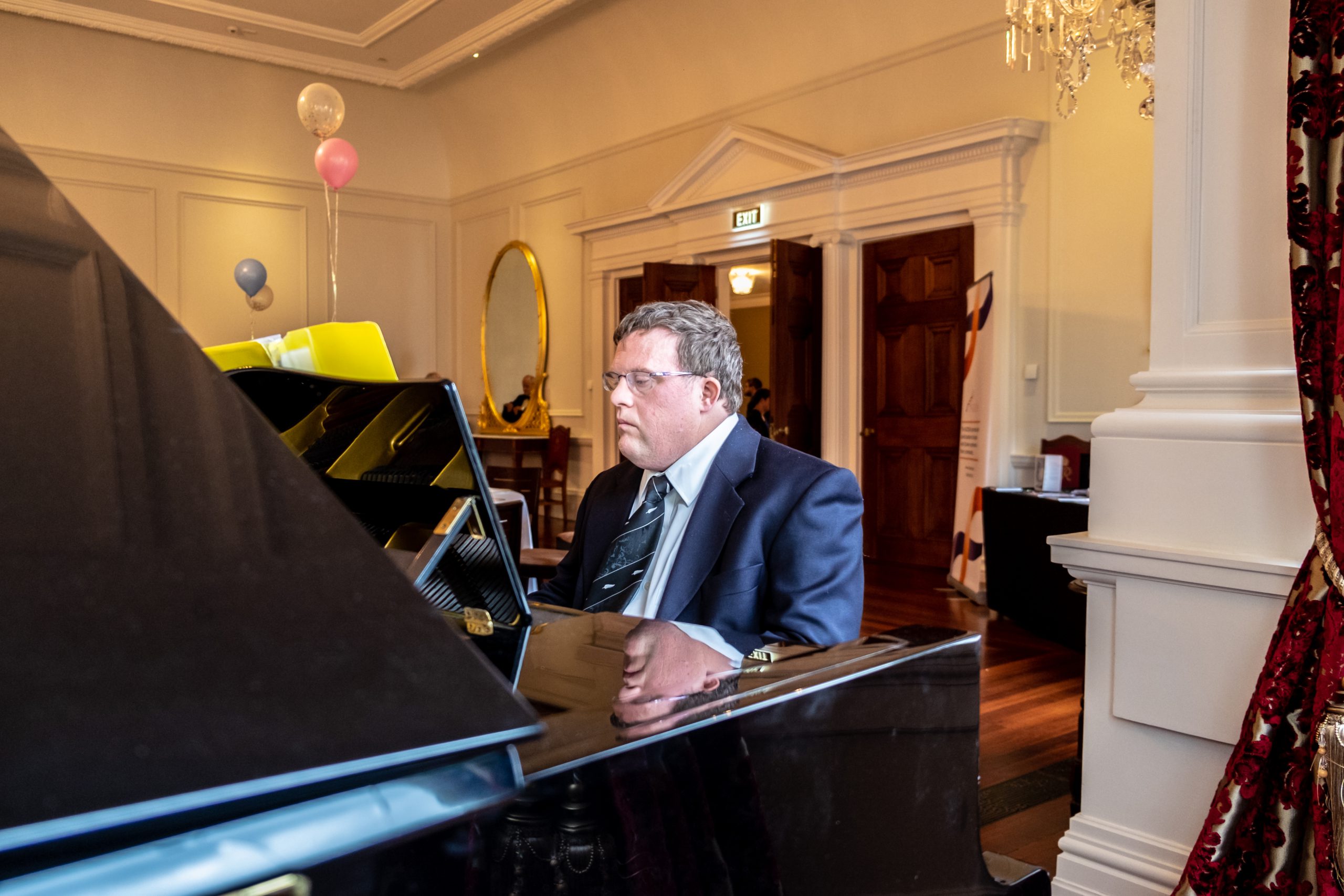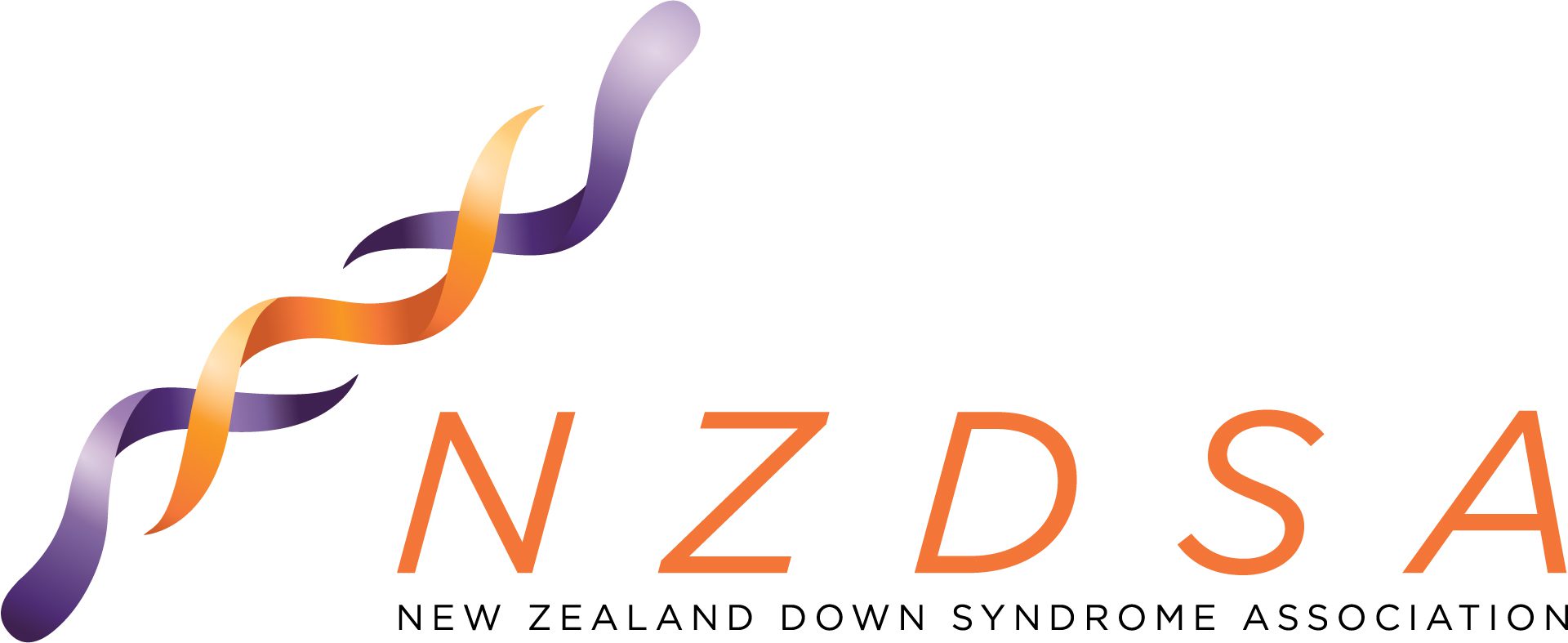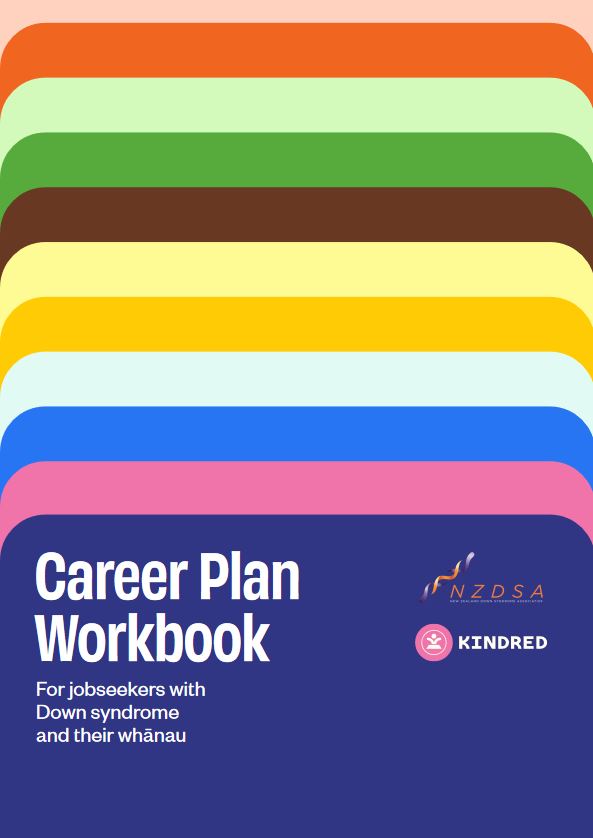

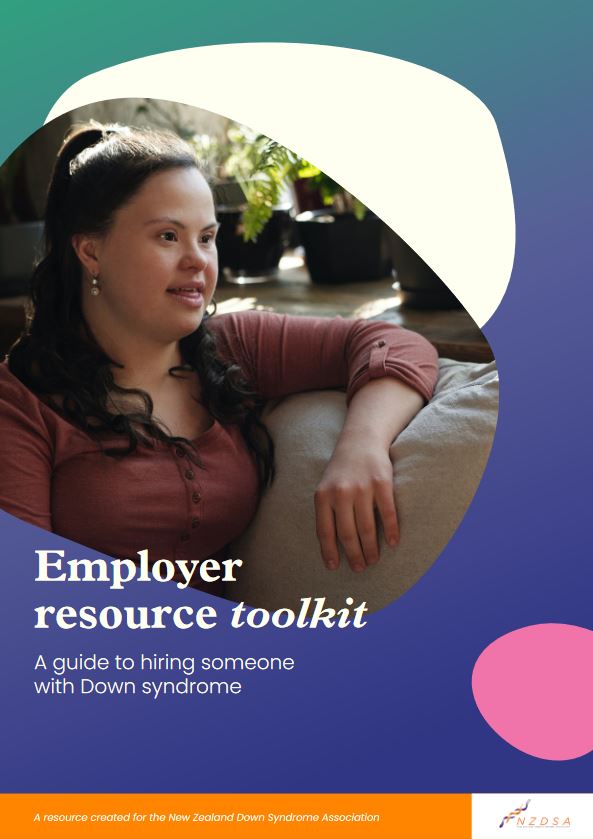
Employers guide to hiring someone with Down syndrome
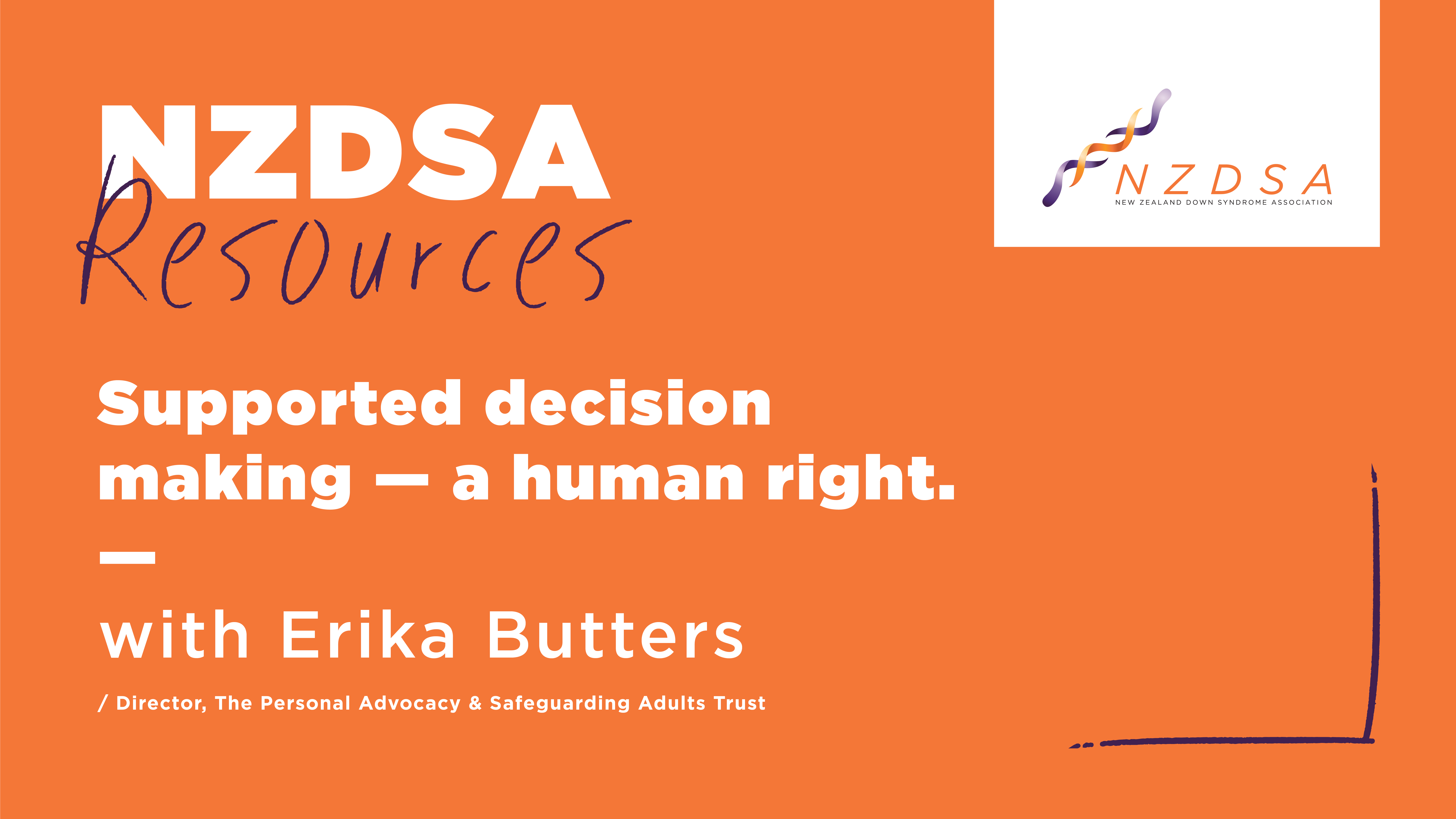
Supported Decision Making – a Human Right (WEBINAR)
STEP UP A group of people with Down syndrome who have shown an interest in self-advocacy and want to work their way into the STRIVE team. Home 9 Search query for: pati Stand up loud Talk about Empowering People with Down syndrome to have Universal Participation...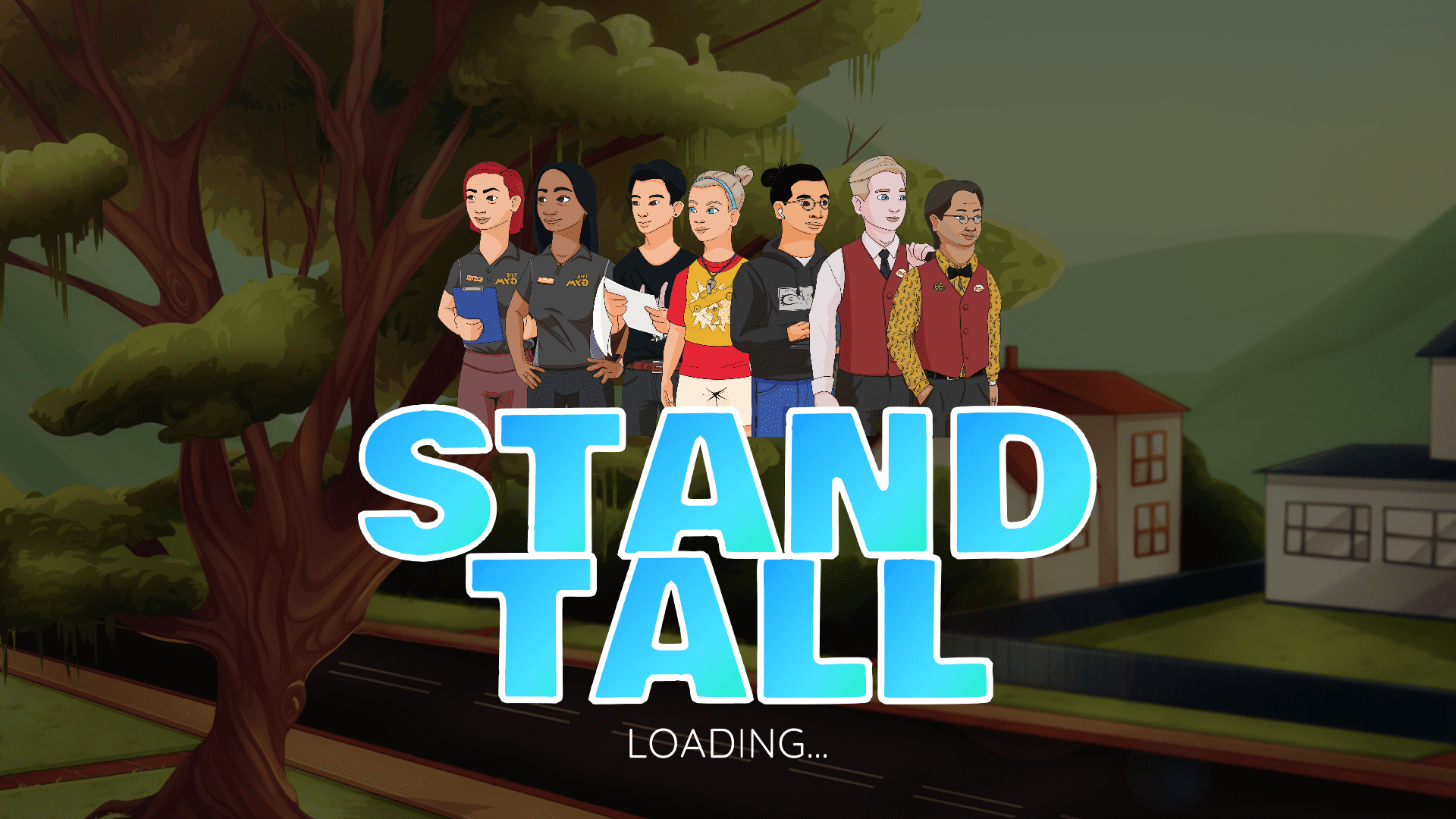
Money Game makes paying bills fun
STEP UP A group of people with Down syndrome who have shown an interest in self-advocacy and want to work their way into the STRIVE team. Home 9 Search query for: pati Stand up loud Talk about Empowering People with Down syndrome to have Universal Participation...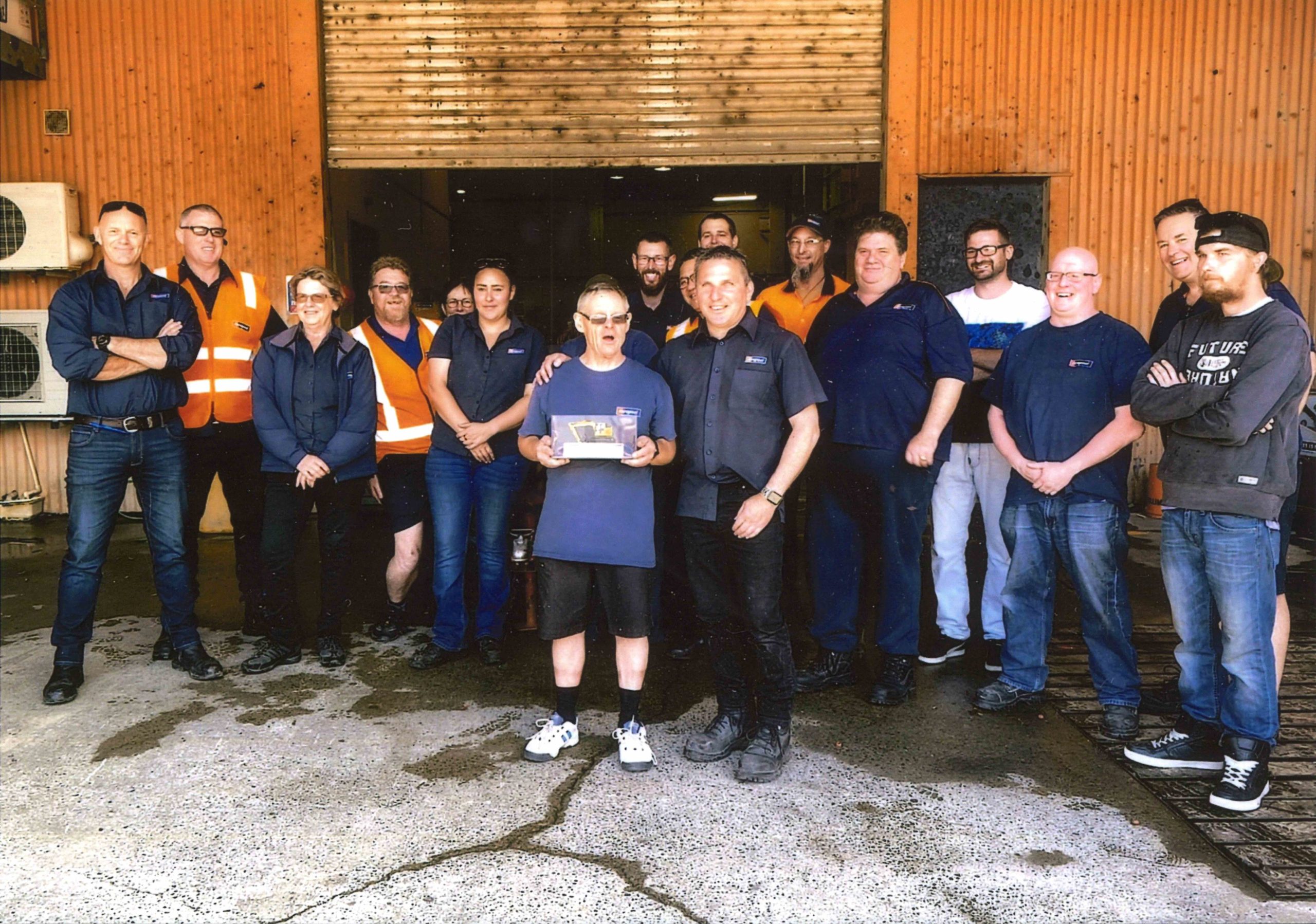
Emotional farewell for Colin after 30 years at Hirepool
STEP UP A group of people with Down syndrome who have shown an interest in self-advocacy and want to work their way into the STRIVE team. Home 9 Search query for: pati Stand up loud Talk about Empowering People with Down syndrome to have Universal Participation...